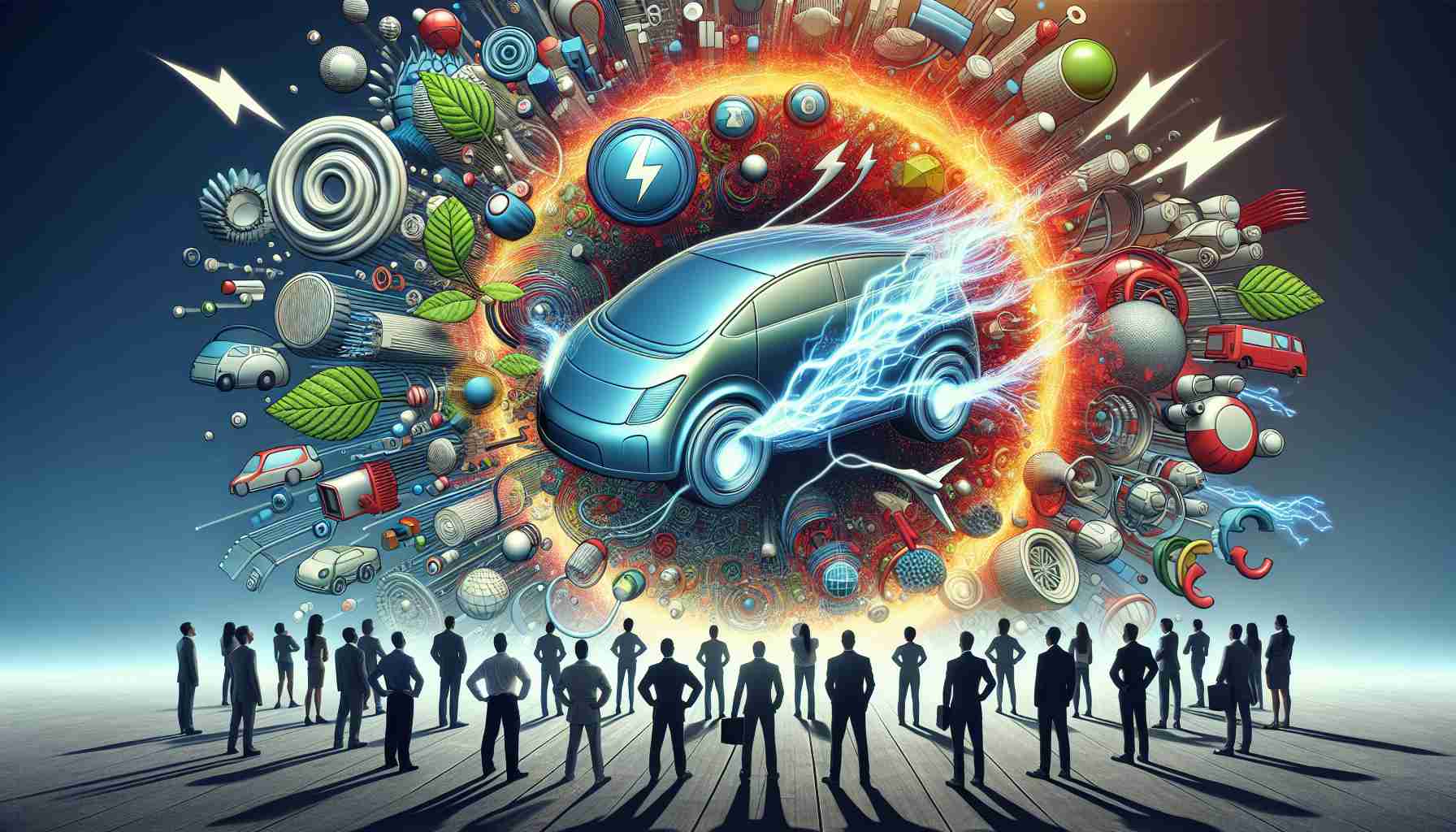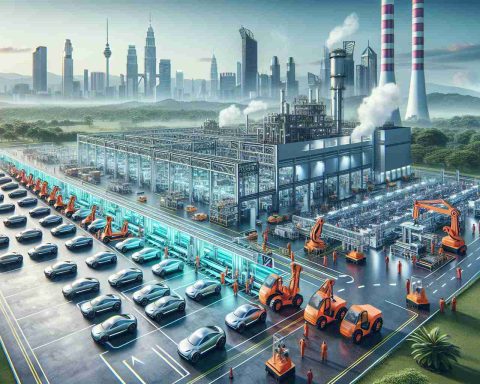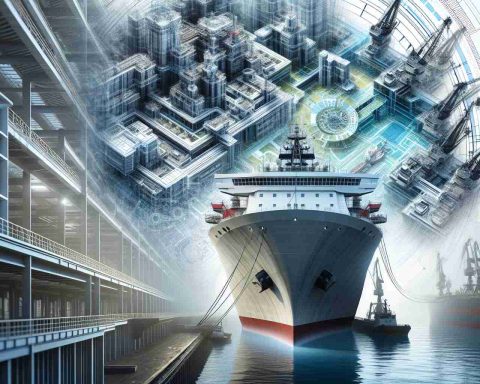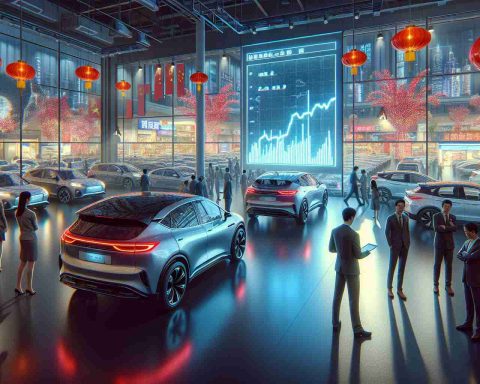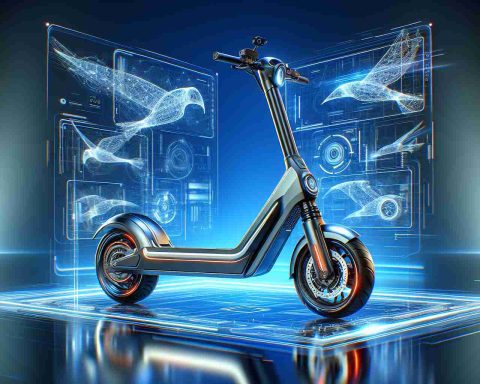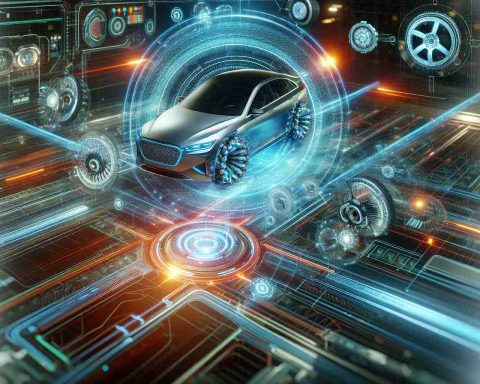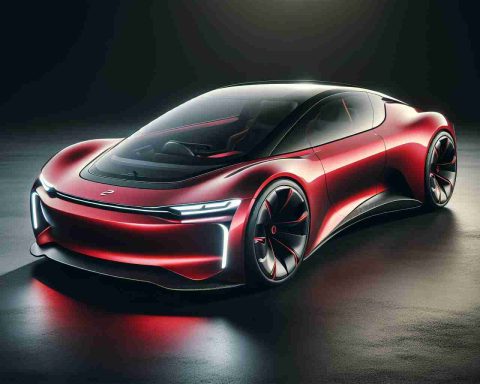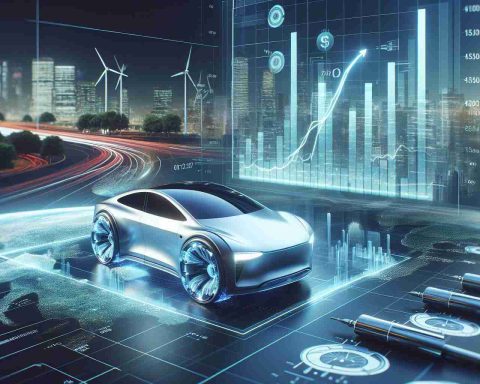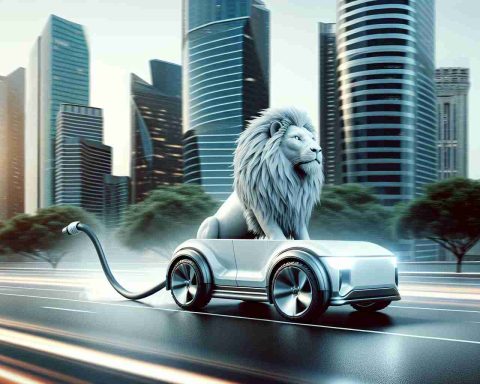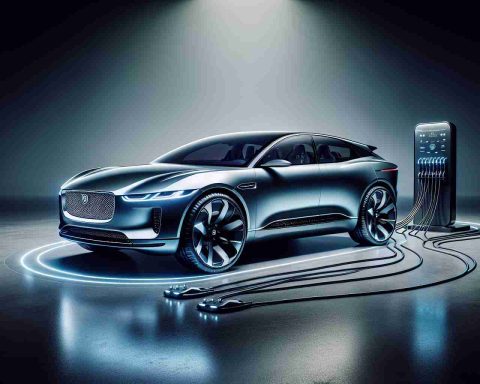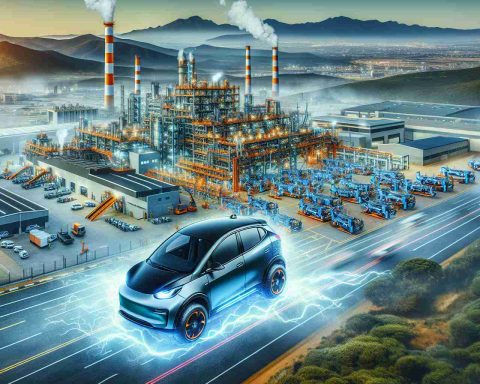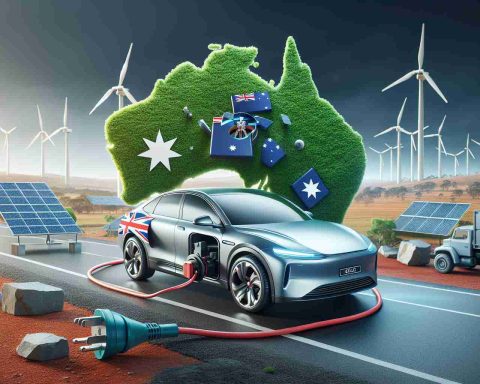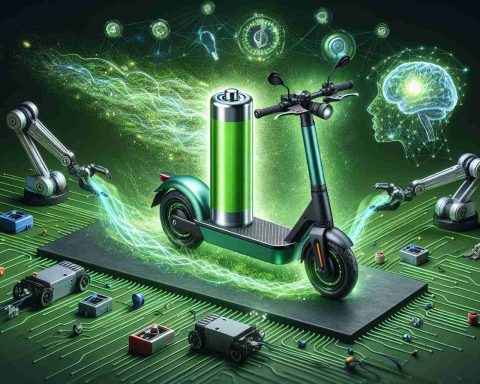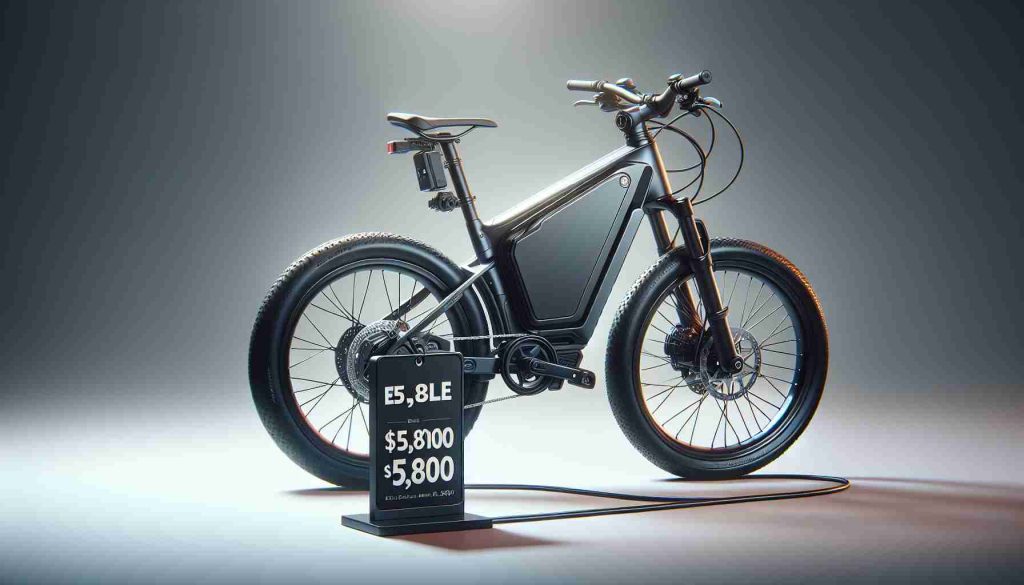- A recent executive order by President Trump may significantly reduce federal support for electric vehicles (EVs), impacting industry goals.
- Industry experts remain optimistic about the upcoming 2025 Chicago Auto Show, where new EV technologies will be showcased.
- Infrastructure improvements are critical for supporting the growing interest in EVs, as emphasized by event general manager Jennifer Morand.
- ComEd’s $100 million rebate program aims to enhance charging networks in northern Illinois, addressing infrastructure challenges.
- Concerns about losing the $7,500 EV tax credit could hinder future sales and consumer enthusiasm for electric vehicles.
- Despite potential setbacks, the passion for EVs and sustainability remains strong among consumers.
In a jaw-dropping twist just two weeks before the eagerly awaited 2025 Chicago Auto Show, President Trump issued an executive order that threatens to reshape the electric vehicle (EV) landscape. The directive aims to slash federal support, including a drastic reduction of the aggressive goal for EVs to make up half of all car sales. While this move has stirred concern among industry insiders and auto enthusiasts, it hasn’t dampened excitement for innovative EV technologies set to be unveiled at the show.
EV advocate Jennifer Morand, general manager of the event, suggests that despite potential setbacks, car lovers will still flock to witness the latest advancements. However, she emphasizes the urgent need for infrastructure that matches the growing interest in electric vehicles. To address this, ComEd is stepping up with a $100 million rebate program designed to enhance charging networks in northern Illinois, providing a beacon of hope amidst the uncertainty.
With the looming threat of losing the $7,500 EV tax credit, many wonder if this will stifle future sales and halt the momentum that has been building in consumer enthusiasm for EVs. Owners like Holy Vu, who drives a Ford F-150 Lightning, highlight the critical need for accessible charging options, asserting that without a robust support system, true adoption seems unlikely.
As the Chicago Auto Show prepares to showcase the latest in EV innovation, the future remains uncertain, yet one thing is clear: the passion for electric vehicles persists, regardless of political upheavals. The key takeaway? The drive for sustainability and innovation in the EV market may face hurdles, but consumer interest remains relentless.
Electric Vehicles: The Future Is Now or Stuck in Politics?
The Shifting Landscape of Electric Vehicles
In light of recent events, the electric vehicle (EV) industry is facing significant challenges and exciting innovations. Just ahead of the 2025 Chicago Auto Show, President Trump’s executive order to reduce federal support for EVs has sparked both controversy and concern. This directive threatens the ambitious target for electric vehicles to constitute half of all car sales, propelling discussions about the future of EV adoption in the United States.
# Key Insights and Trends
1. EV Market Forecasts: Despite the political landscape, global EV sales are projected to grow. Industry analysts predict that the global electric vehicle market will reach USD 1,138.7 billion by 2030, with a consistent compound annual growth rate (CAGR) of 18.2% from 2022 to 2030, driven by increased consumer interest and advancements in technology.
2. Innovations on Display: The Chicago Auto Show promises to unveil cutting-edge technologies such as solid-state batteries and advanced autonomous driving features. These innovations are pivotal in enhancing the performance, safety, and efficiency of electric vehicles.
3. Infrastructure Challenges: Jennifer Morand, the general manager of the Chicago Auto Show, underscores the urgent need for better EV infrastructure. ComEd’s $100 million investment in boosting charging networks in northern Illinois is a significant step towards addressing consumer concerns about accessibility and charging station availability.
# Pros and Cons of Current EV Developments
– Pros:
– Enhanced technology and performance of new EV models.
– Growing global commitment to sustainable practices.
– Increased investments in EV infrastructure.
– Cons:
– Political uncertainty affecting federal support and consumer incentives like tax credits.
– Potential slowdown in sales due to reduced confidence in policy support.
– Infrastructure inadequacies may hinder consumer adoption.
Frequently Asked Questions
1. Will the reduction of federal support impact EV sales significantly?
Yes, the reduction in federal support, particularly the potential loss of the $7,500 tax credit, could dampen consumer enthusiasm and sales momentum. Research indicates that financial incentives play a crucial role in encouraging consumers to switch from traditional vehicles to electric ones.
2. What are the latest innovations in EV technology set to debut at the Chicago Auto Show?
The Chicago Auto Show is expected to showcase advancements in solid-state batteries, which promise faster charging times and greater energy density. Additionally, manufacturers will likely present new models with enhanced autonomous driving capabilities, improving safety and convenience for users.
3. How are states and local governments addressing EV infrastructure needs?
Local governments and utility companies, like ComEd in northern Illinois, are proactively developing rebate programs and incentives to expand the charging network. These initiatives are crucial for supporting the growing number of EV users and facilitating broader adoption in urban and rural areas alike.
Relevant Links
For further information, visit Department of Energy for insights on energy policies and programs supporting EVs. Additionally, you can explore U.S. Energy Information Administration for market analysis and trends in the energy sector.
